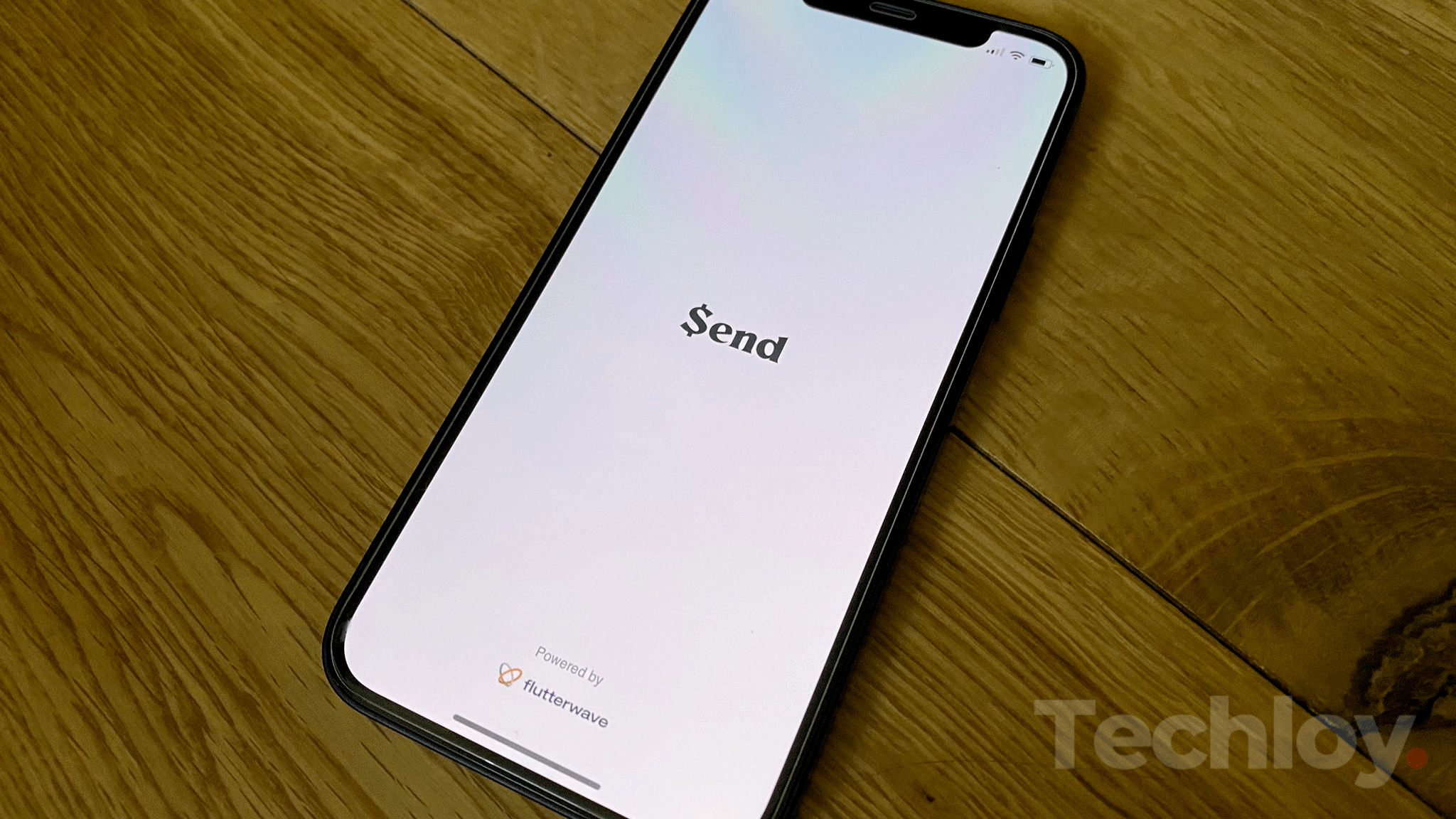Opay Challenger? Paystack's Zap Enters the Bank Transfer Arena
Paystack, a leading fintech, is now competing in Nigeria's growing consumer bank transfer market with Zap
For years, Paystack, the Nigerian fintech giant, was known for its business-focused products. But now, it’s shifting gears into consumer payments. The company recently launched Zap, a money transfer app designed to make sending cash faster and more reliable — a significant pivot from Paystack’s traditional focus on business-facing solutions.
The shift is no surprise. In 2023, bank transfers accounted for 58% of all transactions on Paystack — more than double the 28% from 2022. Meanwhile, Nigeria’s payment landscape is evolving, with online transfers reportedly surging to $509.8 billion in 2022, up from just $20.5 million in 2012.
With more people sending money digitally, Paystack is positioning itself to capitalize on this shift.
Soft-launched in November 2024 before its official release in March 2025, Zap has already gained traction, surpassing 1,000 downloads. Co-founder and CEO Shola Akinlade described the move as a natural next step: "After years of building merchant infrastructure, we're now applying that same technology to transform everyday payments — Zap isn’t another neo-bank, but a focused solution for instant, reliable transfers."
Zap promises to send money to any Nigerian bank account in 30 seconds, putting it in direct competition with platforms like OPay, Palmpay, and Moniepoint which are known for their speed and affordability.
The challenge is that the transaction speed alone won’t be enough. Zap’s fees are slightly higher than OPay’s, which could be a deal-breaker for cost-conscious users. According to reports, depositing ₦10,000 costs ₦35 on Zap, and withdrawing ₦9,900 adds another ₦25. In comparison, OPay’s lower fees have made it popular among cost-conscious users, which could influence how Zap is received.
The move into the consumer segment isn't a new thing; Flutterwave, another Nigerian fintech giant, followed a similar path. Initially focusing on the B2B market with its payment API, it consequently moved into the direct consumer market by launching Send, a remittance service for cross-border transfers, in 2021. The consumer payments space is becoming a battleground, with startups vying for a share of Nigeria’s $702.6 billion electronic payments market per NIBSS data.

Despite fierce competition, Paystack has one advantage: proven reliability. It handles over 3 billion API requests with 99.992% uptime, a crucial factor in a market where failed transactions are a common frustration.
But will that be enough? To stand out, Zap must offer more than just speed—it needs to deliver a smoother, more dependable experience that justifies the higher fees. If it can, Paystack may carve out a place in Nigeria’s fast-growing consumer payments space.







